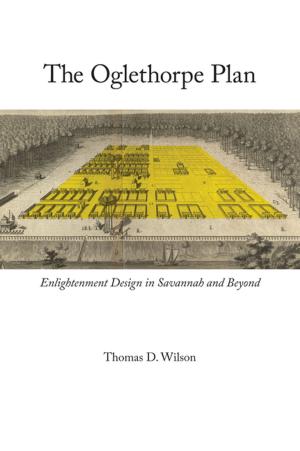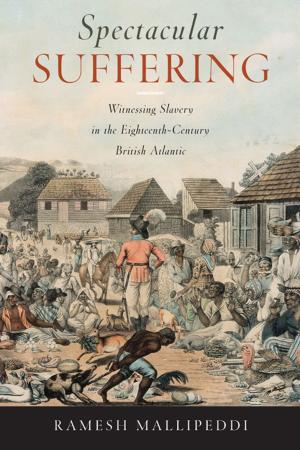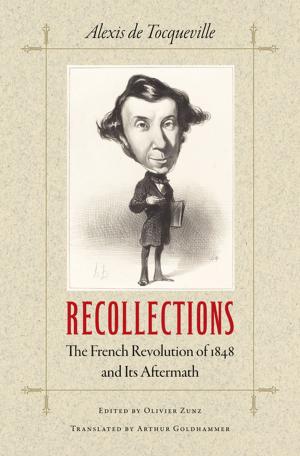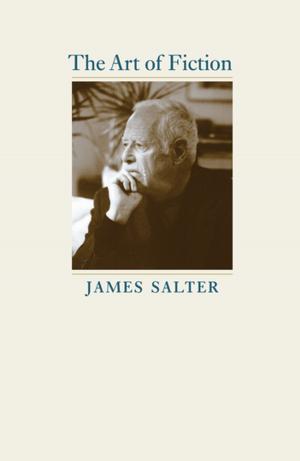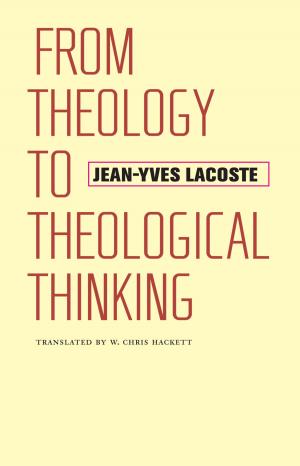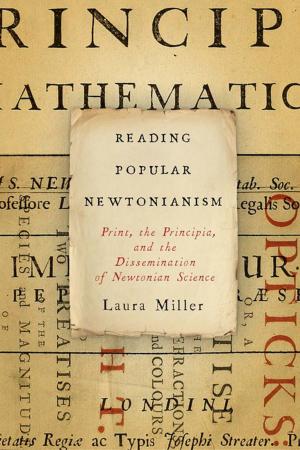Voters' Verdicts
Citizens, Campaigns, and Institutions in State Supreme Court Elections
Nonfiction, Social & Cultural Studies, Political Science, Politics, History & Theory| Author: | Chris W. Bonneau, Damon M. Cann | ISBN: | 9780813937601 |
| Publisher: | University of Virginia Press | Publication: | July 7, 2015 |
| Imprint: | University of Virginia Press | Language: | English |
| Author: | Chris W. Bonneau, Damon M. Cann |
| ISBN: | 9780813937601 |
| Publisher: | University of Virginia Press |
| Publication: | July 7, 2015 |
| Imprint: | University of Virginia Press |
| Language: | English |
In Voters’ Verdicts, Chris Bonneau and Damon Cann address contemporary concerns with judicial elections by investigating factors that influence voters’ decisions in the election of state supreme court judges. Bonneau and Cann demonstrate that the move to nonpartisan elections, while it depresses political participation, does little to mute the effects of partisanship and ideology. The authors note the irony that judicial elections, often faulted for politicizing the legal process, historically represented an attempt to correct the lack of accountability in the selection of judges by appointment, since unlike appointive systems, judicial elections are at least transparent.
This comprehensive study rests on a broad evidentiary base that spans numerous states and a variety of electoral systems. Bonneau and Cann use the first national survey of voters in state supreme court elections paired with novel laboratory experiments to evaluate the influence of incumbency and other ballot cues on voters’ decisions. Data-rich and analytically rigorous, this provocative volume shows why voters decide to participate in judicial elections and what factors they consider in casting their votes.
A volume in the series Constitutionalism and Democracy
In Voters’ Verdicts, Chris Bonneau and Damon Cann address contemporary concerns with judicial elections by investigating factors that influence voters’ decisions in the election of state supreme court judges. Bonneau and Cann demonstrate that the move to nonpartisan elections, while it depresses political participation, does little to mute the effects of partisanship and ideology. The authors note the irony that judicial elections, often faulted for politicizing the legal process, historically represented an attempt to correct the lack of accountability in the selection of judges by appointment, since unlike appointive systems, judicial elections are at least transparent.
This comprehensive study rests on a broad evidentiary base that spans numerous states and a variety of electoral systems. Bonneau and Cann use the first national survey of voters in state supreme court elections paired with novel laboratory experiments to evaluate the influence of incumbency and other ballot cues on voters’ decisions. Data-rich and analytically rigorous, this provocative volume shows why voters decide to participate in judicial elections and what factors they consider in casting their votes.
A volume in the series Constitutionalism and Democracy


